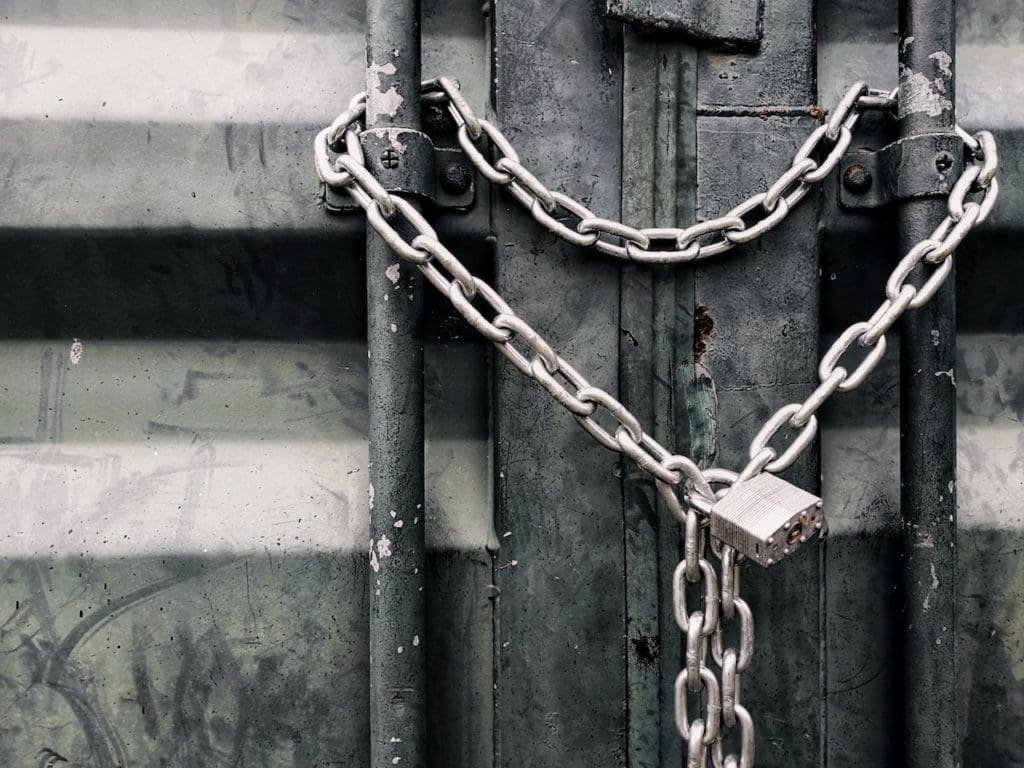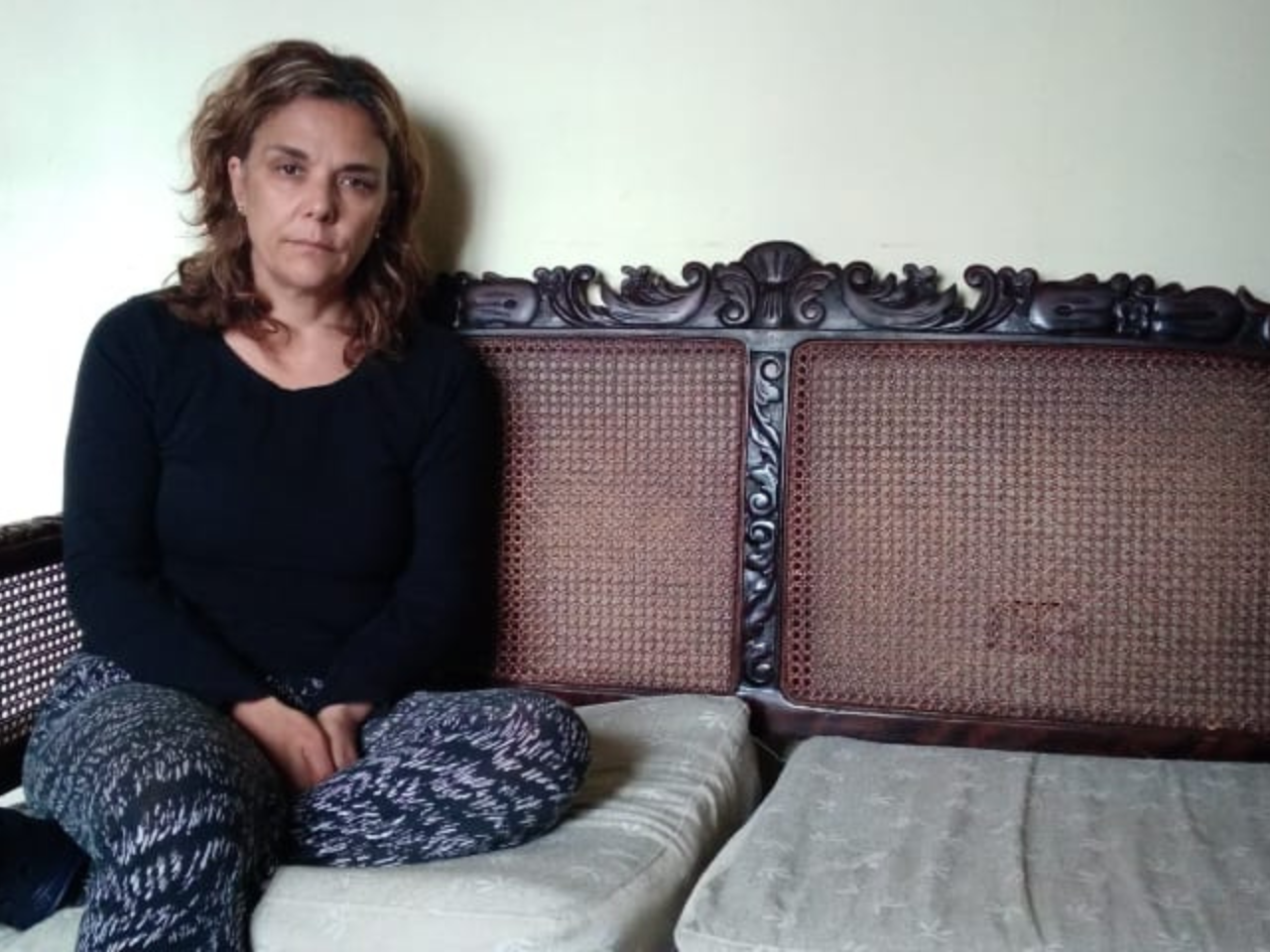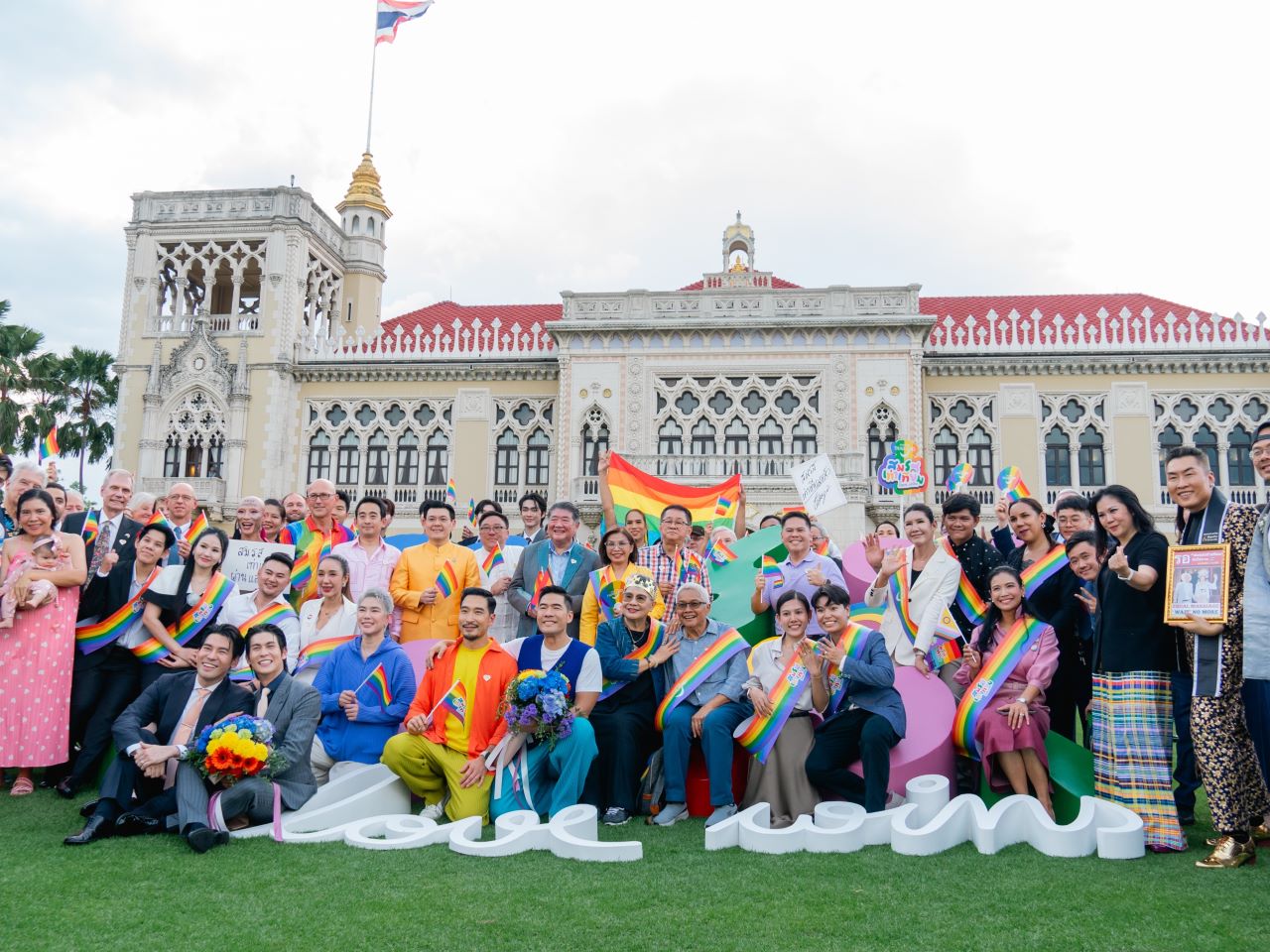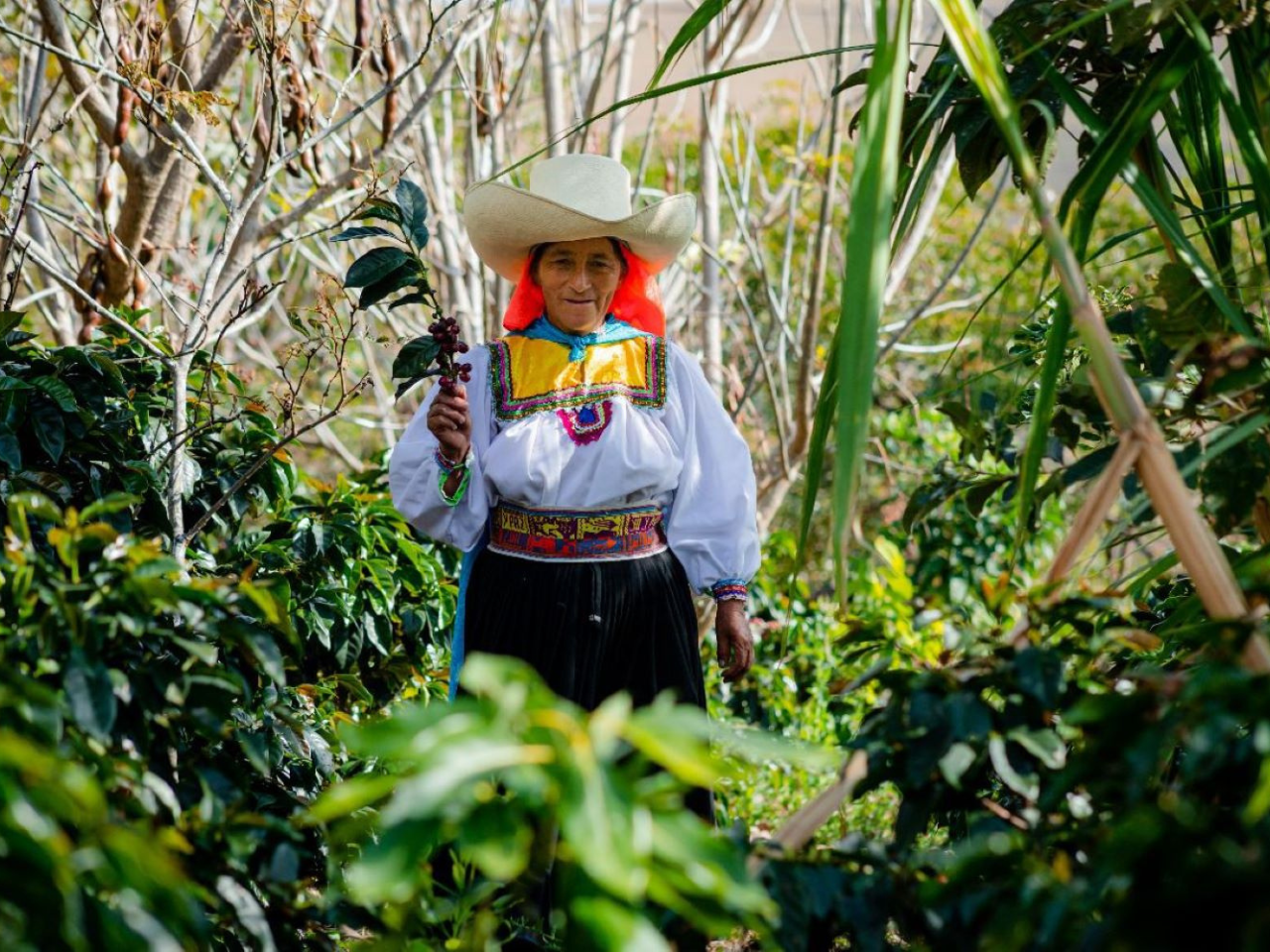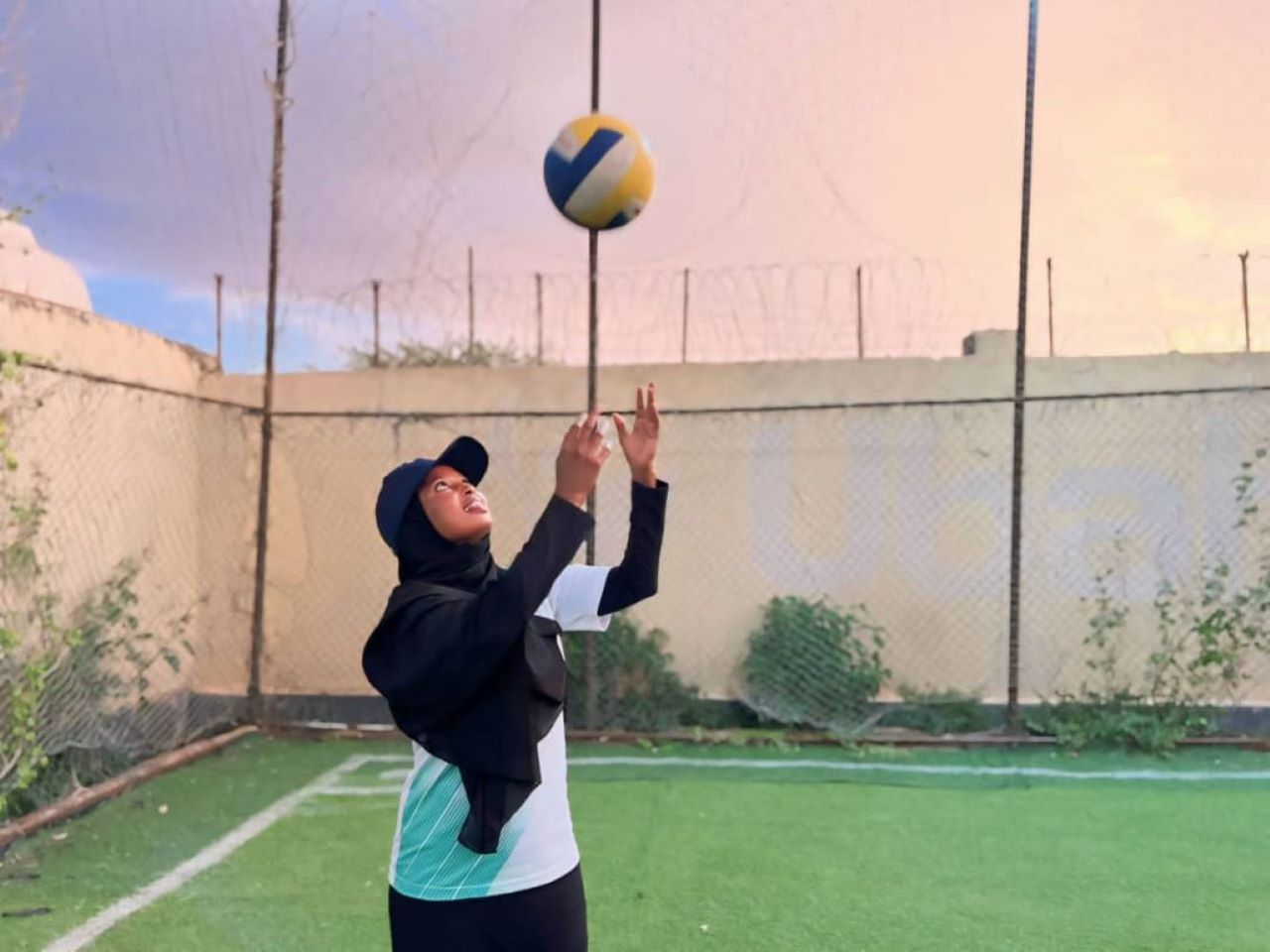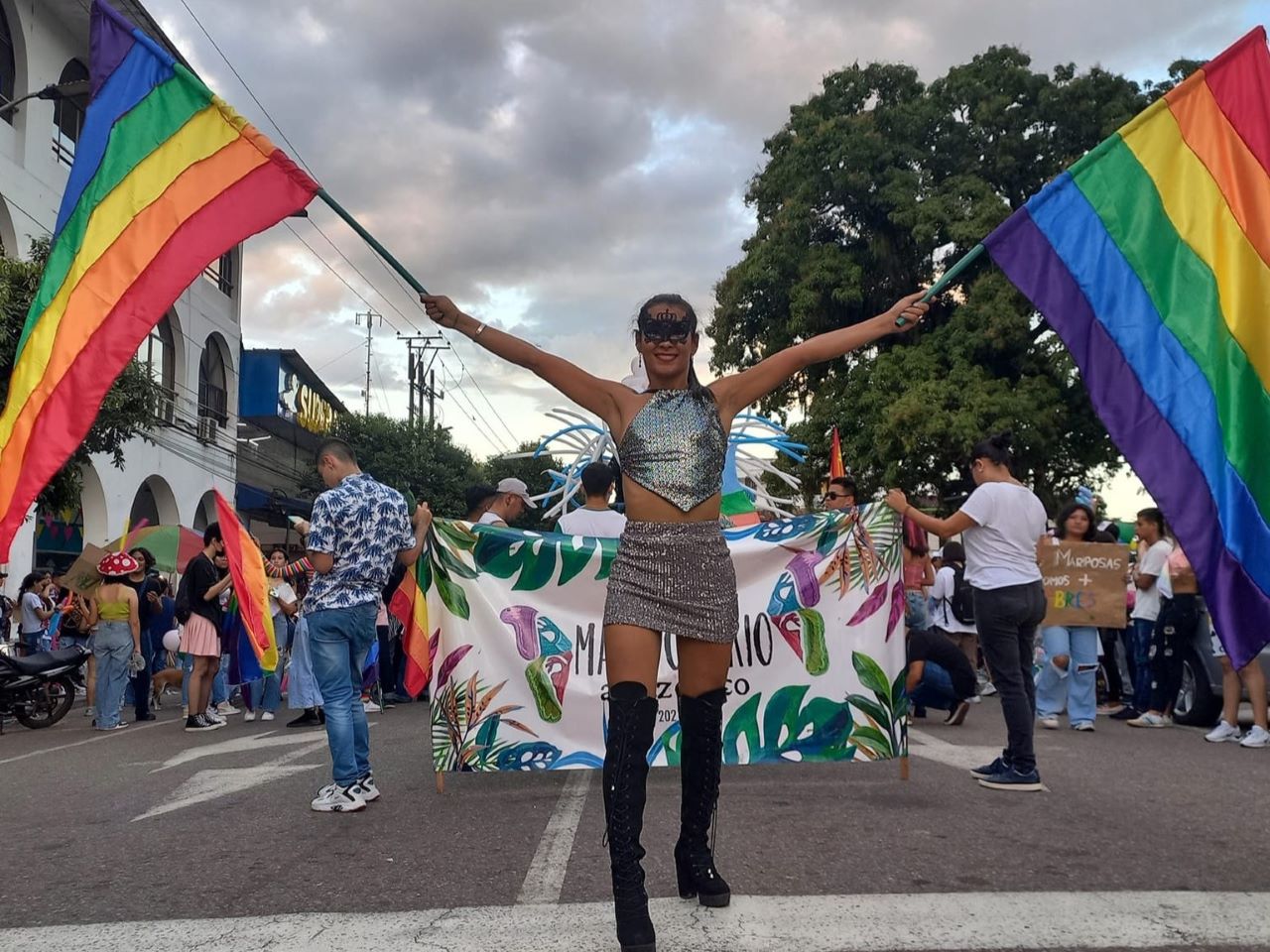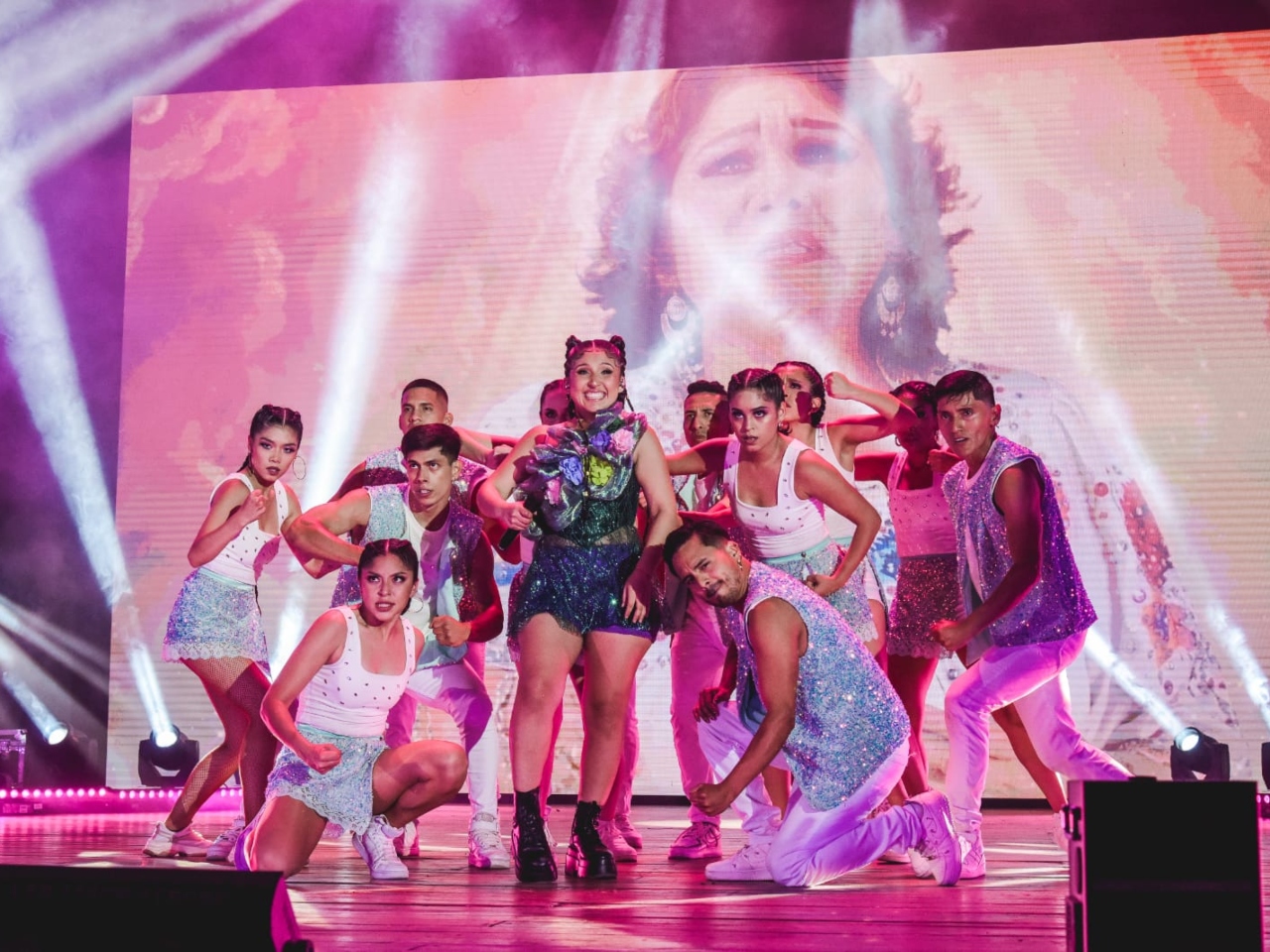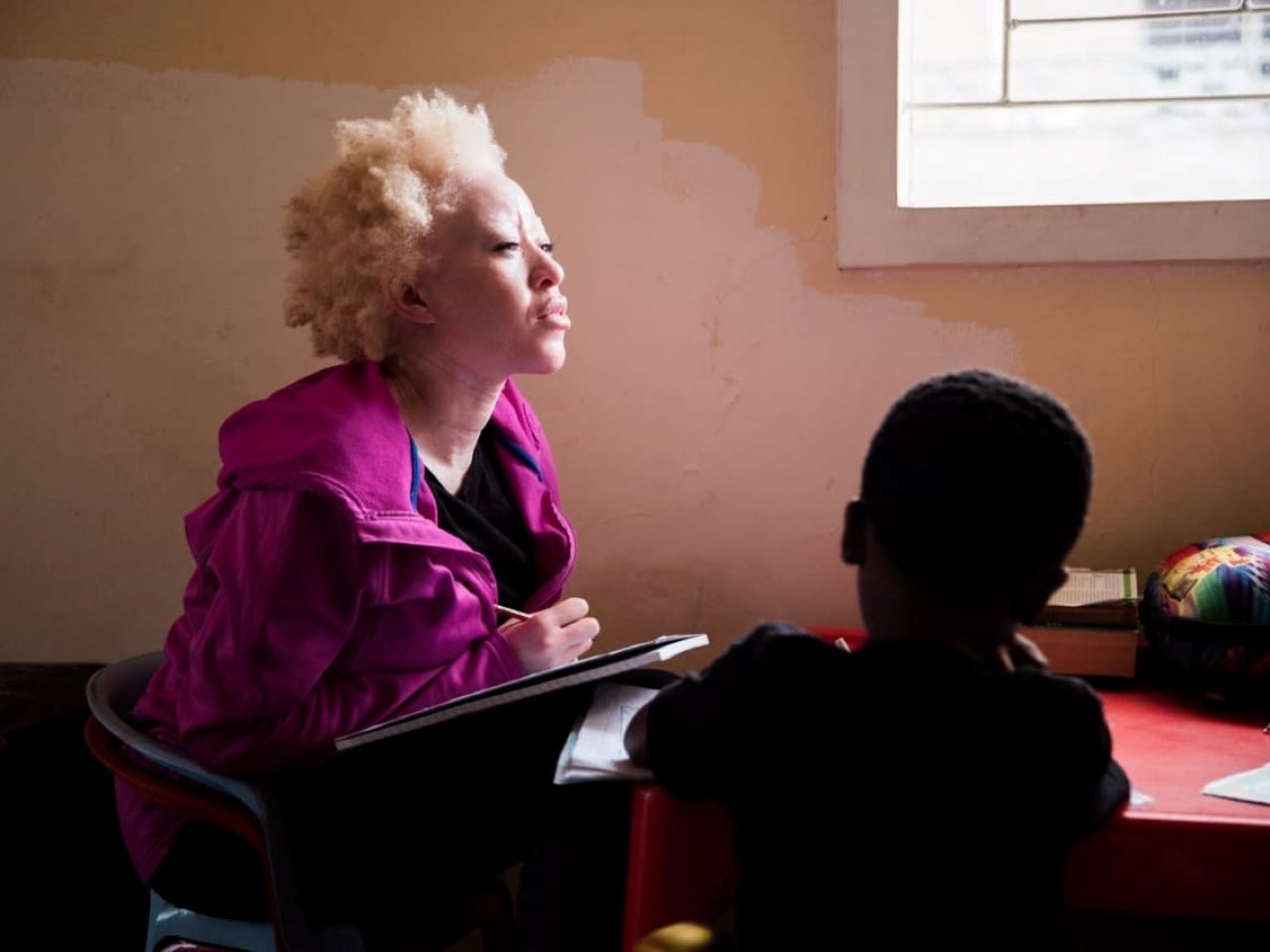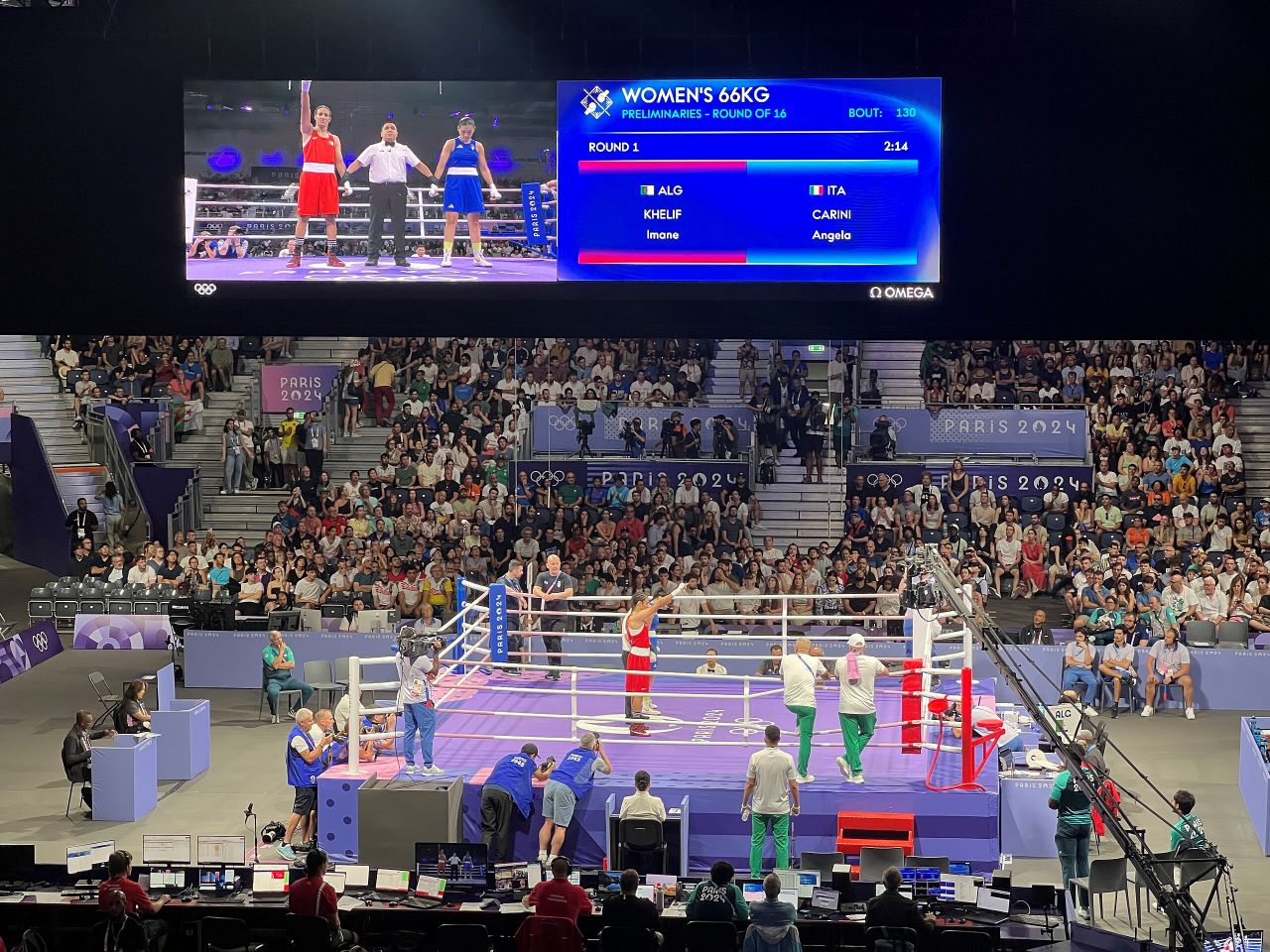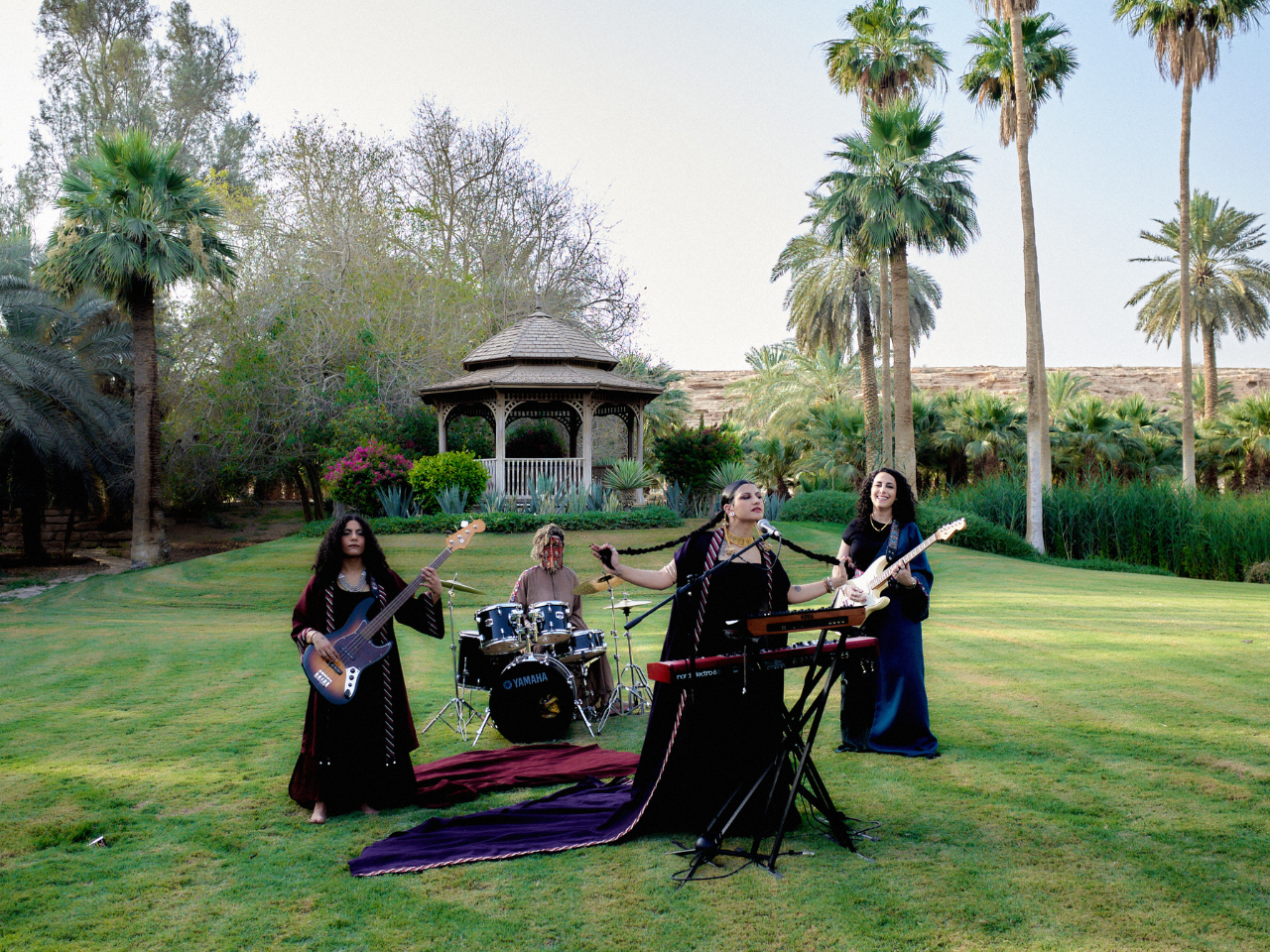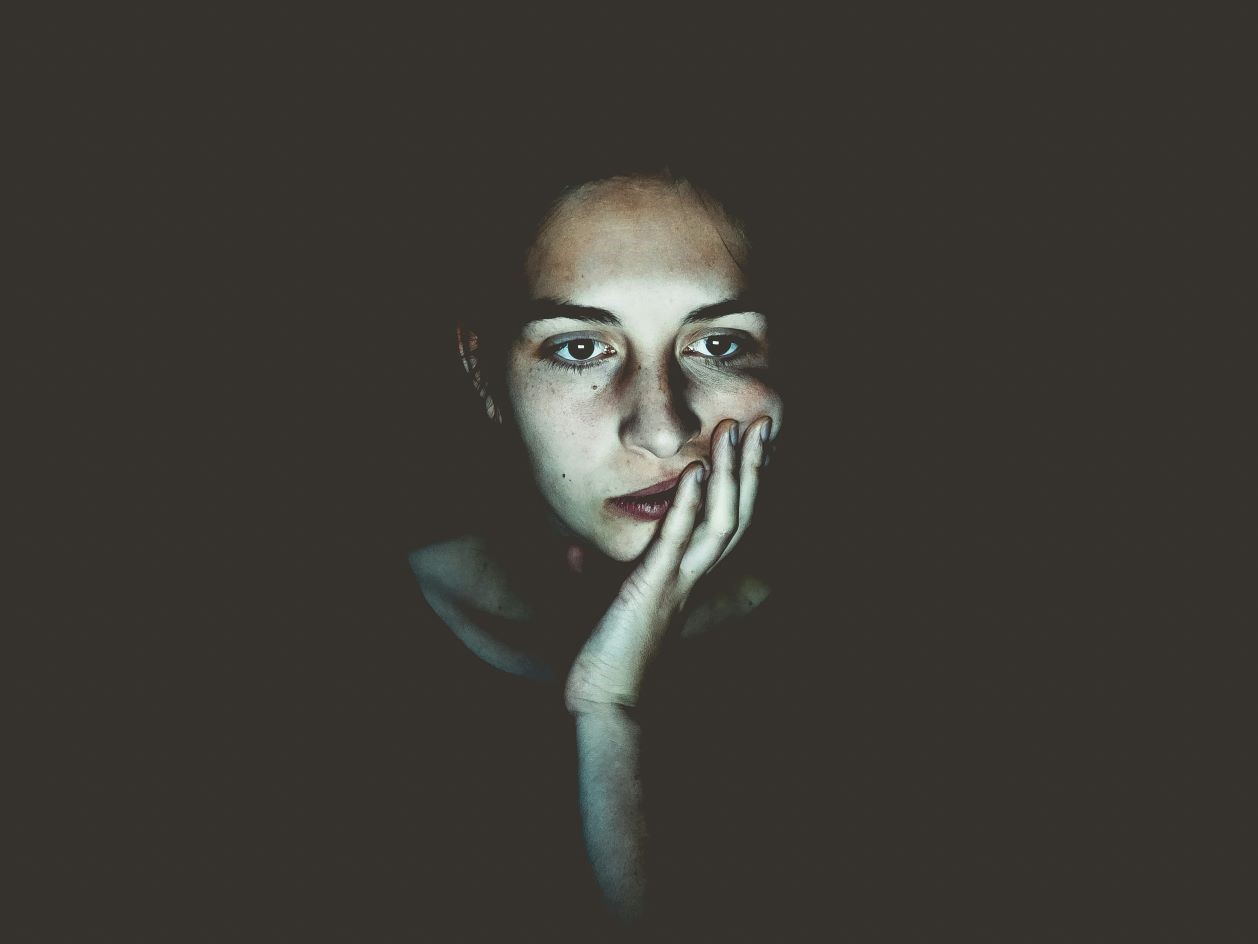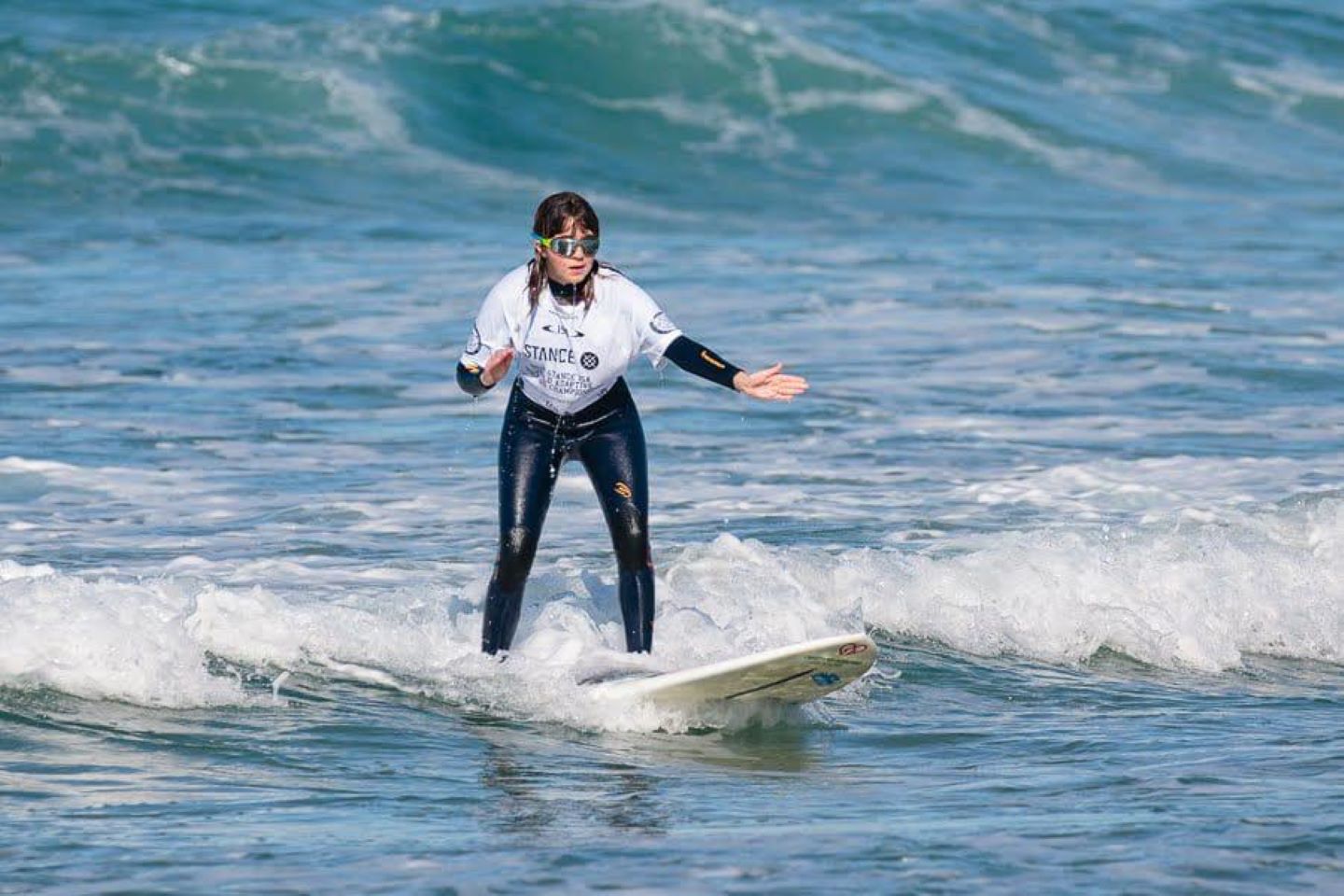Lawyer from Jordan forced to marry her rapist at 15 years old, found refuge in Canada
The knife went through my palm, and I yelled out in pain. Once he saw the blood, he stopped, as if the sigh of it calmed him down. He took me to the nearest pharmacist, but they refused to help. They were scared for me and wanted to call the cops.
- 2 years ago
August 26, 2023
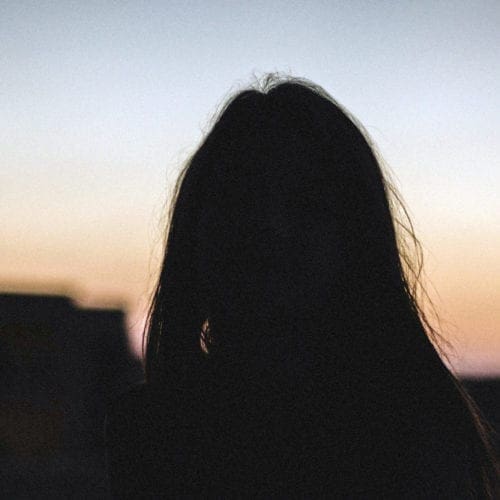
CANADA — Since my early childhood, great pain and sadness plagued my life. I grew up in Jordan, in a family of nine children, six of whom were my half-siblings. In 2014, at the age of 14, a 26-year-old man I never met before raped me. That horrific moment stayed with me my entire life. My father filed a complaint with the Grand Criminal Court of Oman.
After that, the Family Protection Program placed me in a reconciliation home for a month to keep me safe. After three years of investigation, the Criminal Court convicted my rapist to 20 years in prison. While I felt relieved they put him away, I never recovered from what happened. For years, it set the stage for the abuse I would continue to endure at the hands of my own relatives. While I kept my dreams and ambitions high, my life in Jordan and the constant dangers I faced prevented me from seeing a way out.
Read more stories from Canada at Orato World Media
I lived in constant fear for my life; a prisoner in my own home
Shortly after the prison sentence, more problems arose. My older half-brother Joseph started emotionally and physically torturing me. He blamed me for the rape I endured, saying I brought shame on our house. He tried to kill me more than once. The first time it happened after school, when he came to pick me up. Though I resisted getting in the car, he forced me in and drove us to our building. Once there, he pulled out a knife and led me to the roof. He attempted to stab me multiple times in the neck. Terrified, I fought back, pushing the blade with my hands.
The knife went through my palm, and I yelled out in pain. Once he saw the blood, he stopped, as if the sigh of it calmed him down. He took me to the nearest pharmacist, but they refused to help. They were scared for me and wanted to call the cops. We immediately got out of there and I alerted my father to what happened, but nothing could be done. My half-brother had very dangerous connections with gangs and threatened to give them my name if any of us talked.
On top of my half-brother’s incessant torture, my parents began to receive threats from the family of the man who raped me. They pressured my father to drop the case and get their son out of prison. When my father refused, they threatened to kidnap my younger siblings and kill them. They even told my parents they would tell everyone I was not a virgin and tarnish our family name. In our country, it saddens me to say that most people still hold outdated misogynistic ideas. They place the blame on women for everything and make our lives hell.
After hundreds of threats, they forced me to marry my own rapist
Their threats continued for months, until finally, they offered my father the chance to marry me off to my rapist so our family name remained intact, and their son would be a free man again. After a lot of pressure, my father agreed, under the condition I would be allowed to divorce him after a month. I felt betrayed, disgusted, and beyond terrified. For days, I struggled to eat, feeling nauseous every time I left my bedroom.
Dark thoughts clouded my mind day and night. A few weeks later, my rapist got out of prison, and we were married. I was 15 years old. Two months later, he divorced me as agreed. About a year later, due to my half-brother Joseph’s constant psychological abuse, I decided to run away from home, but I didn’t know where to go. I ran to a hill near our house and waited. Suddenly, I felt a hand grip my shoulder. I turned to discover Joseph, shouting and angry. He threatened to push me off the top of the hill.
I called for my father, who rushed to where we were, scared of what my half-brother might do to me. While Joseph stood raging, my father took me back home in a hurry. On the walk back, my entire body trembled with fear. After that, Joseph forbade me to leave the house, except to go to school. Everyone in our family feared him, so no one contested his orders. His connections to the Houthi militia in Yemen terrified us.
Amidst the constant suffering, I began to forge my own path
I constantly lived in fear for my life. Locked away in my bedroom, I felt like a prisoner, trapped with an abusive man who followed my every move. If anyone else in my family attempted to intervene, he would beat them up, too. He beat up my mother several times, until she became too scared to ever go near him again. I had to defend myself alone.
Our family led a terrible, unhappy life for years due to everything that happened. We were also very poor, which added to the nightmare. I became so depressed I tried to take my own life more than once. Eventually, my parents took me to a psychiatrist. My therapy sessions lasted for five years, up until I graduated high school.
I felt robbed of my childhood and my own identity. Despite studying hard, I struggled to concentrate in school, and failed my tests four times. Still, I felt determined to succeed, seeing it as my ticket out of hell. Every single day, I buried myself in books. I worked diligently until the early morning hours. After a while, I finally graduated and got a scholarship from the German Duffy scholarship program to complete a bachelor’s degree in law. My choice of career stems from a deep love for justice. All I wanted was to help others in the way I wished someone helped me.
Becoming an activist to help others, and finding refuge in Canada
Eventually, I graduated from the college with honors. I received the award for the best litigator in the electoral virtual trial competition of 2020. An American doctor, impressed by my grades, offered to fund my master’s degree. Simultaneously, I starred in various Yemeni television shows such as “What’s There?,” a political series about the suffering of Yemeni women at the hands of terrorist groups. This series touched me deeply, having experienced similar turmoil.
When the show aired, I received countless death threats from Yemeni citizens. I also discovered that many women in fashion and media in Yemen were being detained and tortured in prison, simply for their professions. After I began posting on social media to raise awareness on these issues, my half-brother found me and started threatening me again. That is when I realized I needed to leave Jordan for good. I heard about courses in New York on feminism, and I applied. I was accepted, and even received a U.S. Visa. The World Youth Council covered all the expenses for the trip.
After the course, I traveled to the Canadian border and explained my story to the guards. I asked them for asylum in Canada because I was too terrified to go back home. I knew Canada was the only place I could consider home. All I want is to finally know peace, to achieve my dreams, and work hard to fight for women. I want to continue my work as a volunteer, and to be the best lawyer I can be. While I may never move on from my past, I can choose to let it push me towards good. I can use it to make a positive change in the world and to leave some sort of impact.

